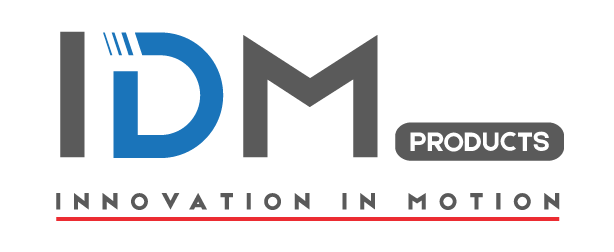In today’s rapidly changing world, building a resilient and adaptable manufacturing supply chain is crucial for businesses to remain competitive and thrive. One effective way to achieve this is through strategic partnerships and supplier diversification.
Strategic partnerships involve collaborating with key suppliers to establish long-term relationships built on trust, transparency, and mutual benefit. By working closely with these suppliers, businesses can gain a deeper understanding of their operations, capabilities, and potential risks. This enables them to anticipate and respond effectively to any disruptions that may arise in the supply chain.
Supplier diversification is another crucial strategy to enhance resilience. Relying on a single supplier for critical components or materials can increase the risk of disruptions due to unforeseen events. By diversifying their supplier base, businesses can spread the risk and minimize the impact of any potential disruptions. This can be done by identifying and developing relationships with alternative suppliers who can provide similar products or services.
Moreover, businesses should regularly evaluate the performance and capabilities of their suppliers to ensure they are meeting the required standards. This can involve conducting regular audits, assessing their financial stability, and monitoring their capacity to meet demand. By proactively managing supplier relationships, businesses can identify potential risks and address them before they become critical issues.
Additionally, leveraging technology can significantly enhance the resilience and adaptability of a manufacturing supply chain. Advanced analytics, artificial intelligence, and internet of things (IoT) technologies can provide valuable insights into the supply chain, enabling businesses to identify potential bottlenecks or disruptions in real-time. This enables swift decision-making and proactive measures to mitigate the impact.
In conclusion, building a resilient and adaptable manufacturing supply chain requires a strategic approach that involves establishing strong partnerships with key suppliers and diversifying the supplier base. Regular evaluation of supplier performance, leveraging technology, and proactive risk management are also crucial for ensuring continuity and success in today’s fast-paced business environment.

